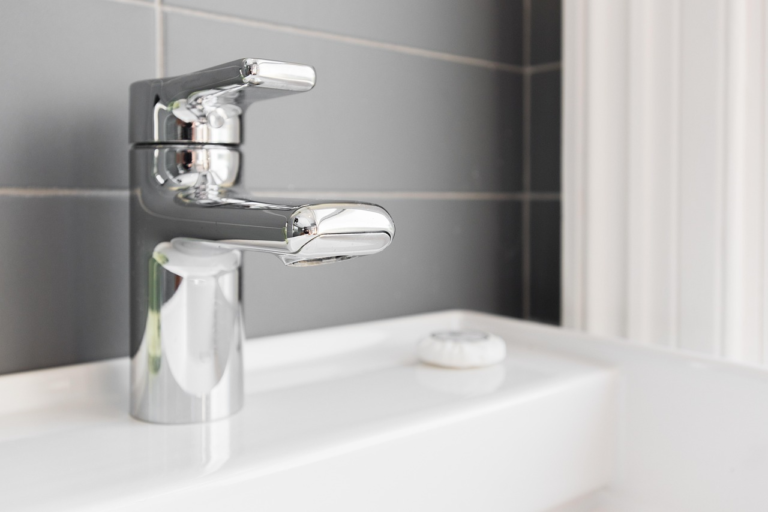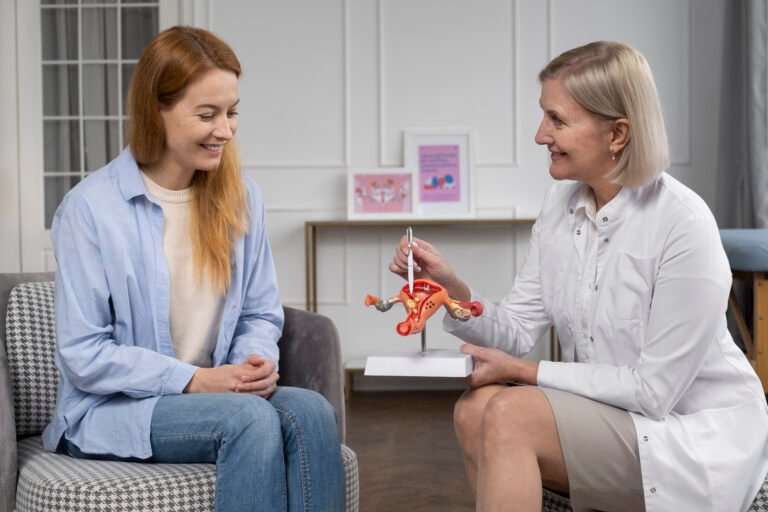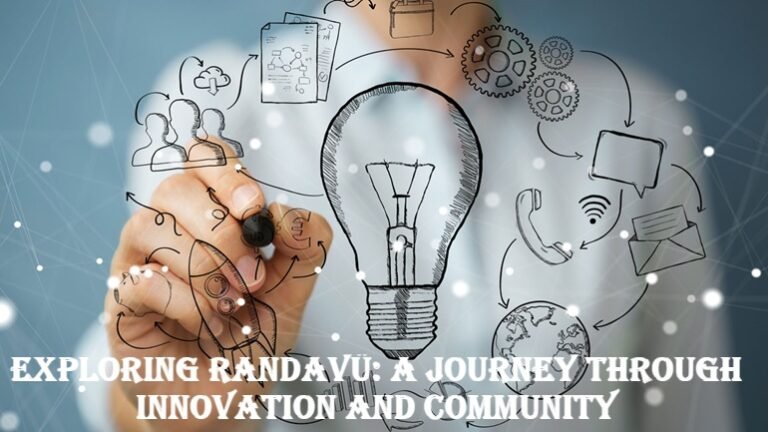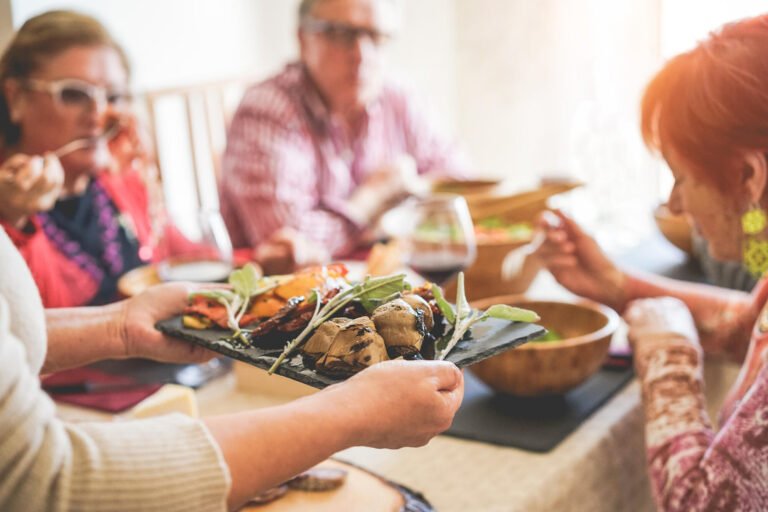Why Couples Today Struggle to Build a Healthy Marital Relationship and How Relationship Counselling Can Help
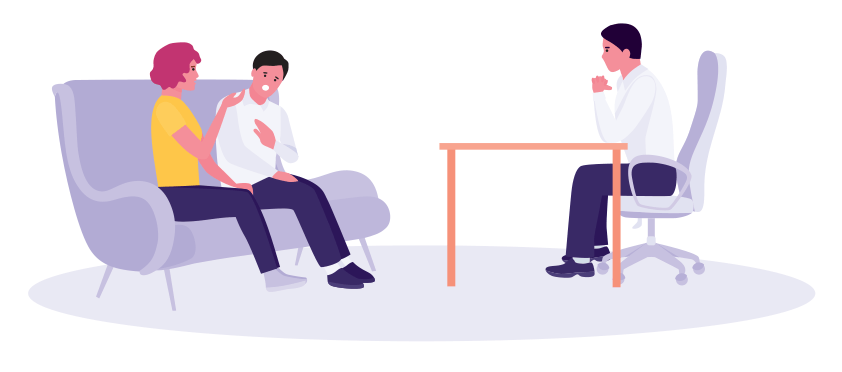
Marriage has always required patience, communication, and emotional maturity, but today’s couples face a completely different set of pressures compared to previous generations. Rapid lifestyle changes, increased stress, evolving expectations, and digital distractions have reshaped the way partners connect with each other. As a result, many couples struggle to maintain harmony, intimacy, and long-term understanding in their marriages.
However, the good news is that relationship counselling has become a powerful tool for modern couples who want to repair, strengthen, or deepen their relationship. Understanding why today’s couples struggle—and how professional support helps—can make the journey toward a healthy marital relationship more achievable.
Why Modern Couples Struggle in Marriage
Let’s discuss some logical reasons to understand why couples struggle in building a healthy marital relationship.
1. Unrealistic Expectations About Love and Marriage
Social media, movies, and societal pressures often create unrealistic images of perfect relationships. Couples begin marriage expecting constant romance, smooth communication, and a “soulmate” who can somehow meet all emotional needs effortlessly. When reality does not match the fantasy, disappointment, resentment, and conflict follow.
2. Increased Stress from Work and Lifestyle Pressures
Today’s fast-paced lifestyle places enormous pressure on relationships. Long work hours, financial stress, demanding careers, and lack of downtime can leave partners emotionally drained. When people are overwhelmed, communication tends to break down, and couples may find themselves arguing frequently or growing emotionally distant.
3. Lack of Communication Skills
Many couples never learned healthy communication techniques while growing up. As a result, they may struggle to express feelings clearly, listen openly, or resolve conflicts respectfully. Misunderstandings and assumptions create emotional wounds that grow deeper over time, making it difficult to maintain closeness.
4. Overreliance on Technology
Technology connects us with the world—but often disconnects us from our partners. Excessive phone use, digital distractions, and social media can interfere with quality time. Couples may live under the same roof yet rarely share meaningful conversations or moments of emotional closeness.
5. Changing Social Roles and Expectations
Modern marriages involve more shared responsibilities, dual-income households, and evolving expectations around gender roles. While these changes are largely positive, they can also lead to confusion or conflict when partners are not aligned on roles, responsibilities, or priorities.
6. Emotional Baggage and Past Trauma
Many individuals enter marriage carrying unresolved past experiences—childhood trauma, previous relationship wounds, or emotional insecurities. Without awareness or healing, these unresolved issues can surface during conflicts, making small problems feel much bigger than they are.
7. Fear of Vulnerability
Today’s couples often struggle with vulnerability. Many people fear being judged, rejected, or misunderstood. This fear prevents open communication and emotional intimacy, turning disagreements into battles rather than pathways to deeper understanding.
How Relationship Counselling Helps Modern Couples
Relationship counselling is not just for marriages in crisis; it is a proactive and powerful resource for building a stronger foundation. A trained relationship counsellor provides guidance, tools, and insights that help couples grow individually and together.
Here’s how counselling makes a real difference:
1. Improving Communication and Reducing Conflict
A relationship counsellor helps couples understand how they communicate—not just what they say. Through structured exercises, partners learn to:
- Listen without interrupting
- Express needs without blaming
- Understand emotional triggers
- Resolve conflicts respectfully
Improved communication can quickly reduce unnecessary arguments and create a calmer, more respectful relationship environment.
2. Creating Emotional Safety and Rebuilding Trust
Emotional safety is essential for intimacy. Counselling provides a neutral, supportive space where partners can express feelings honestly without fear of judgment. This helps rebuild trust, heal past hurts, and strengthen the sense of partnership.
3. Aligning Expectations and Strengthening Connection
Couples often have different expectations about romance, household responsibilities, parenting, finances, or personal space. A relationship counsellor helps them explore these expectations, understand each other’s needs, and create shared agreements that strengthen the relationship.
4. Helping Couples Understand Each Other’s Emotional Needs
Many marital issues stem from partners not knowing what the other truly needs to feel loved, supported, or valued. Counselling helps couples identify and communicate these emotional needs, reducing misunderstandings and increasing closeness.
5. Teaching Problem-Solving and Coping Skills
Life will always bring challenges—financial difficulties, work stress, family disagreements, or health issues. Relationship counselling equips couples with problem-solving strategies and coping tools to handle stress together rather than turning against one another.
6. Healing Emotional Wounds and Breaking Unhealthy Patterns
Counsellors North Vancouver help couples identify harmful patterns such as criticism, withdrawal, defensiveness, or avoidance. By addressing the root causes—often linked to past experiences—couples can break the cycle and build healthier ways of relating.
7. Strengthening Intimacy and Reconnecting Emotionally
Counselling fosters emotional and physical intimacy by helping couples reconnect, share affection more openly, and rebuild closeness that may have been lost through conflict or stress.
Final Thoughts
Today’s couples are navigating a complex, fast-changing world—and building a healthy marital relationship requires intention, effort, and emotional awareness. While modern challenges can strain even the strongest marriages, relationship counselling provides the guidance, tools, and safe space couples need to grow together rather than apart.
By improving communication, healing emotional wounds, and strengthening connection, counselling helps couples build a marriage that is not only healthy but also deeply fulfilling.
